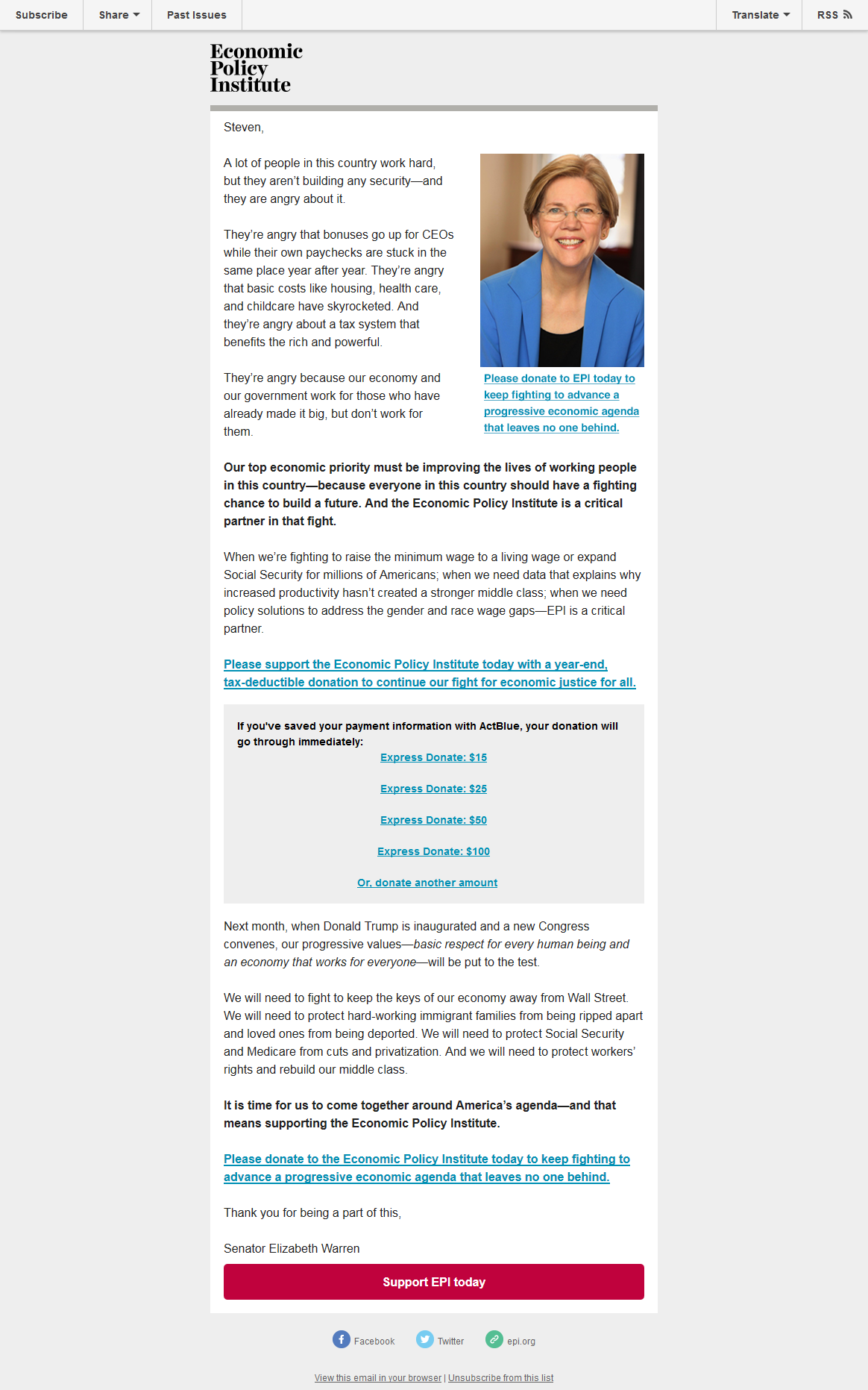Two Simple Suggestions for George Soros
Naked Capitalism has the article Two Simple Suggestions for George Soros.
Soros is not my least favorite billionaire — he does not, to my knowlege, own a super-yacht (Financial Times, “Superyachts magnify billionaires’ worst traits”) — and he’s funded the Institute for New Economic Thinking, which is certainly a worthier cause than, say, the economics department of Florida State University. So today is my day to be nice! Rather than go through Soros’s essay in detail, I’m going to make two very very simple suggestions:
1. Soros Should Simply Stop Funding Democrats
2. Soros Should Simply Stop Funding Neoliberal Projects
I would certainly agree that Soros is not my least favorite billionaire. In fact I have read some of his writings, and I like them. This article quotes some that I had not read that are also reasonably likeable.
Conclusion
I think philanthropy even on the Nineteenth Century Robber Baron model — Carnegie Libraries, the Frick Museum, or genuine scholarship[1] — would be preferable to continuing to fund Democrats, or neoliberal projects generally. Soros should consider those alternatives. Short neoliberalism[2].
I agree with the idea of not funding the Democratic Party anymore. There are other suggestions and insights in the article that I like alot.
